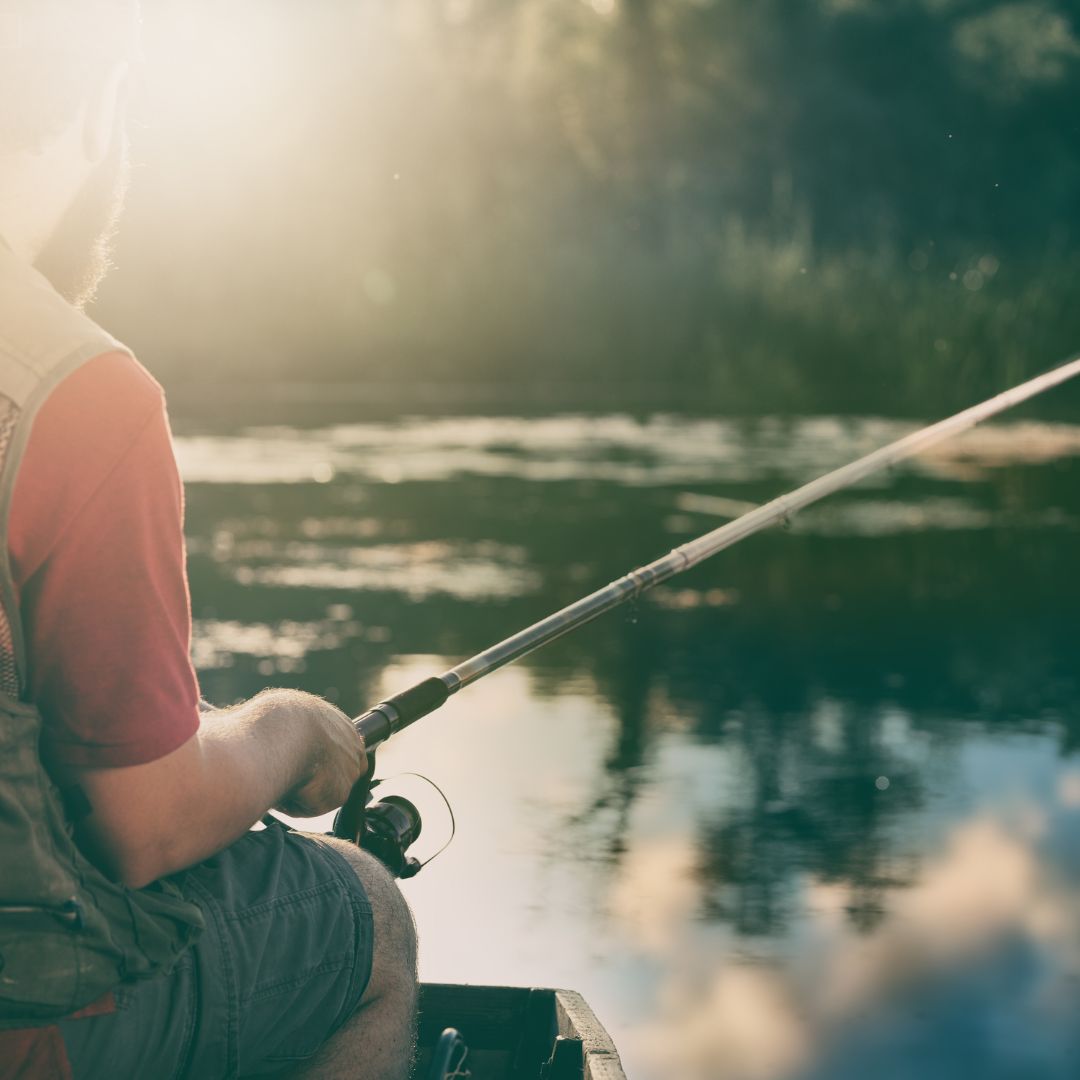Yes, you generally need a fishing license (Angelschein) to legally fish in Germany. Fishing regulations and licensing requirements can vary from one federal state (Bundesland) to another because the management of fishing is often a regional matter.
In most cases, you will need both a fishing license and a fishing permit (Fischereierlaubnis or Fischereischein) to fish in Germany.
Here are some key points to keep in mind:

Fishing License:
To obtain a fishing license (Angelschein), you typically need to pass an examination that covers topics such as fishing regulations, species identification, and environmental conservation. The examination may be available in both German and English in some regions.
Fishing Permit:
In addition to the fishing license, you may need a fishing permit (Fischereierlaubnis or Fischereischein) for the specific water body where you intend to fish. These permits are usually issued by local fishing clubs, associations, or landowners who have the fishing rights to the particular waters.
Catch Limits and Seasons:
Germany has strict regulations regarding catch limits, closed seasons, and protected species. You should familiarize yourself with the specific rules and regulations for the region where you plan to fish.
Non-Resident Fishing:
If you are not a resident of Germany, you may have additional requirements or restrictions. It’s important to check with the local authorities or fishing organizations for the specific rules that apply to non-resident anglers.
Fishing Gear:
The use of certain fishing gear or methods may be restricted or prohibited in some areas, so be sure to inquire about local regulations regarding fishing equipment.
Conservation:
Germany places a strong emphasis on environmental conservation, so it’s essential to adhere to catch and release guidelines and other conservation measures.
To get detailed and up-to-date information on fishing regulations, licensing requirements, and permits for the specific region where you plan to fish, you should contact the local fishing authorities or check the website of the responsible regional fishing authority. Laws and regulations can change over time, so it’s essential to stay informed and comply with the latest requirements.
